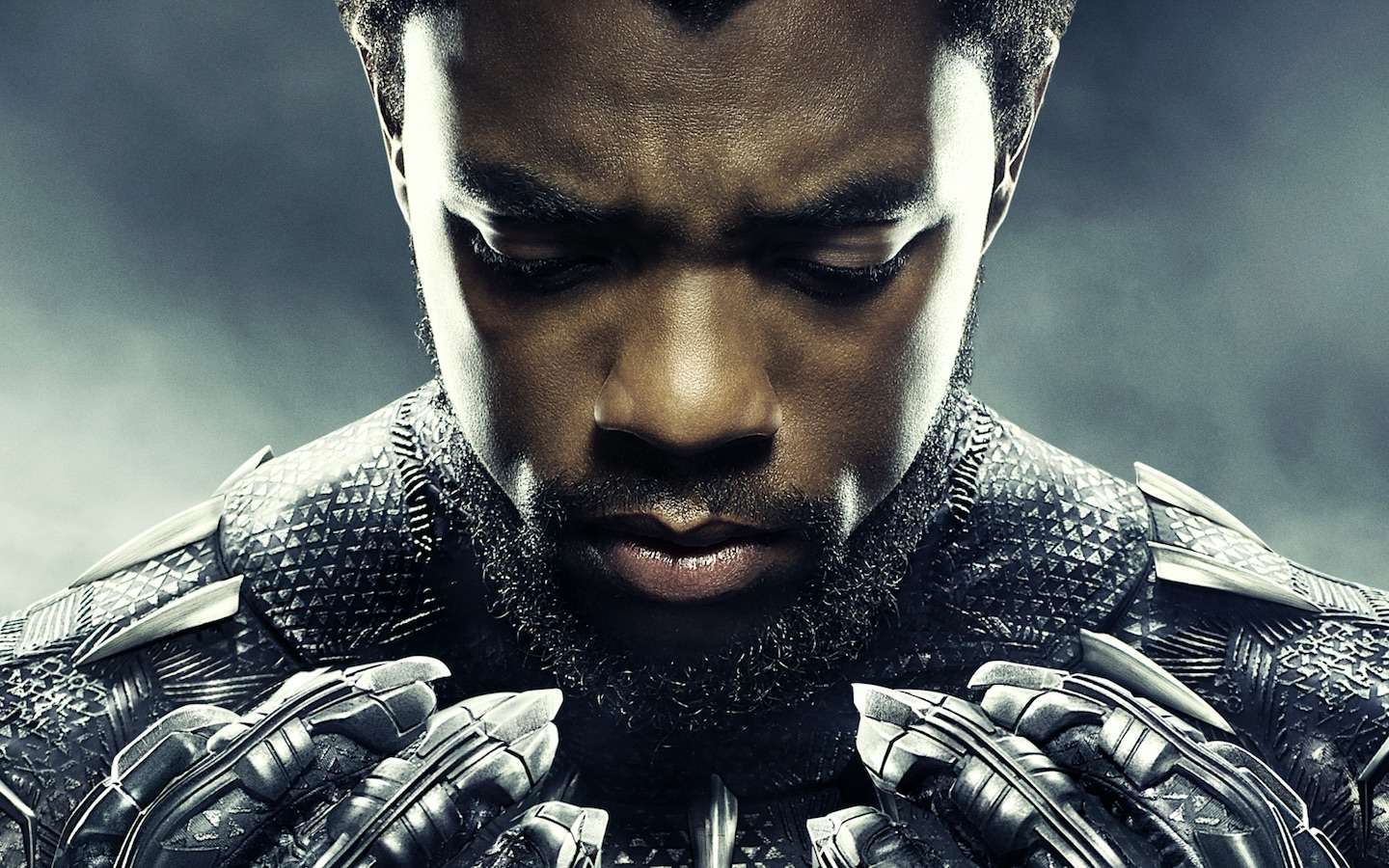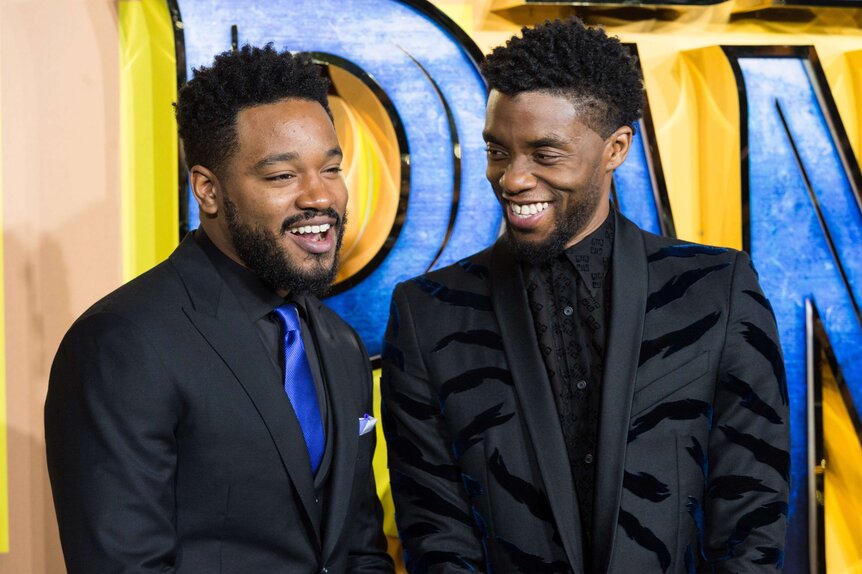Create a free profile to get unlimited access to exclusive videos, sweepstakes, and more!
How Chadwick Boseman’s passing changed the original story of ‘Black Panther: Wakanda Forever’
Ryan Coogler already wanted T’Challa’s post-‘Endgame’ movie to tackle grief…but of a different kind.

It’s easy to see how Black Panther: Wakanda Forever might be the most emotionally intense movie in Marvel’s current cycle, fittingly coming as the Marvel Cinematic Universe eyes the closing chapters of its fourth phase and the 2023 launch (with Ant-Man and the Wasp: Quantumania) of Phase 5.
Even before the Aug. 2020 passing of star Chadwick Boseman (King T’Challa aka Black Panther), the hugely anticipated sequel to 2018’s first Black Panther movie was conceived as a post-Avengers: Endgame exploration of grief.
As director Ryan Coogler recently explained in a pre-release interview with Inverse, the serious mood was already a planned part of the story, as T’Challa struggles to come to terms with the five-year gap that Thanos’ fateful snap had wrought — not only for himself, but for half the planet — in Avengers: Infinity War. In the wake of Boseman’s death, though, Wakanda Forever of course became a film with a completely different kind of loss to mourn.
RELATED: Who will be the next Black Panther in 'Black Panther: Wakanda Forever'?
“The tone was going to be similar,” Coogler said. “The character was going to be grieving the loss of time, you know, coming back after being gone for five years. As a man with so much responsibility to so many, coming back after a forced five years absence, that’s what the film was tackling. He was grieving time he couldn’t get back. Grief was a big part of it.”
That very concept was exemplified directly within Avengers: Endgame by Ant-Man (Paul Rudd), who emerged from a trip to the Quantum Realm only to discover a changed planet and a daughter who, through the preceding five years, had presumed him among the world’s missing. And even after the Avengers saved Earth and restored its vanished people in Endgame, Marvel’s following Phase 4 projects, both on the big screen and at Disney+, have positioned the Blip’s ripple effects as an ongoing rupture in its characters’ altered lives.
Noting that Wakanda Forever antagonist Namoor the Submariner (Tenoch Huerta) “was always there” in both story versions as the movie’s intended villain, Coogler said the real challenge in reimagining the film’s story came as he and co-writer Joe Robert Cole examined how Wakanda (and the world) would soldier on without one of its mightiest heroes.
“The tonal shift, I will say, was less of a shift than in [casting],” he explained. But, he added, “Who the protagonist was, the flaws of the protagonist, what the protagonist was dealing with in their journey, all of that stuff had to be different due to us losing [Boseman] and the decisions that we made about moving forward.”
Boseman’s absence will no doubt seem a very present part of the sequel’s finished story, even if viewers can never be treated to a second act that delves, as Coogler first intended, into King T’Challa’s time-lapsed troubles. Black Panther: Wakanda Forever arrives in theaters to put an emotional coda on the MCU’s current phase starting Friday, Nov. 11.
Looking for more superhero action? X-Men: First Class is now streaming on Peacock.



























